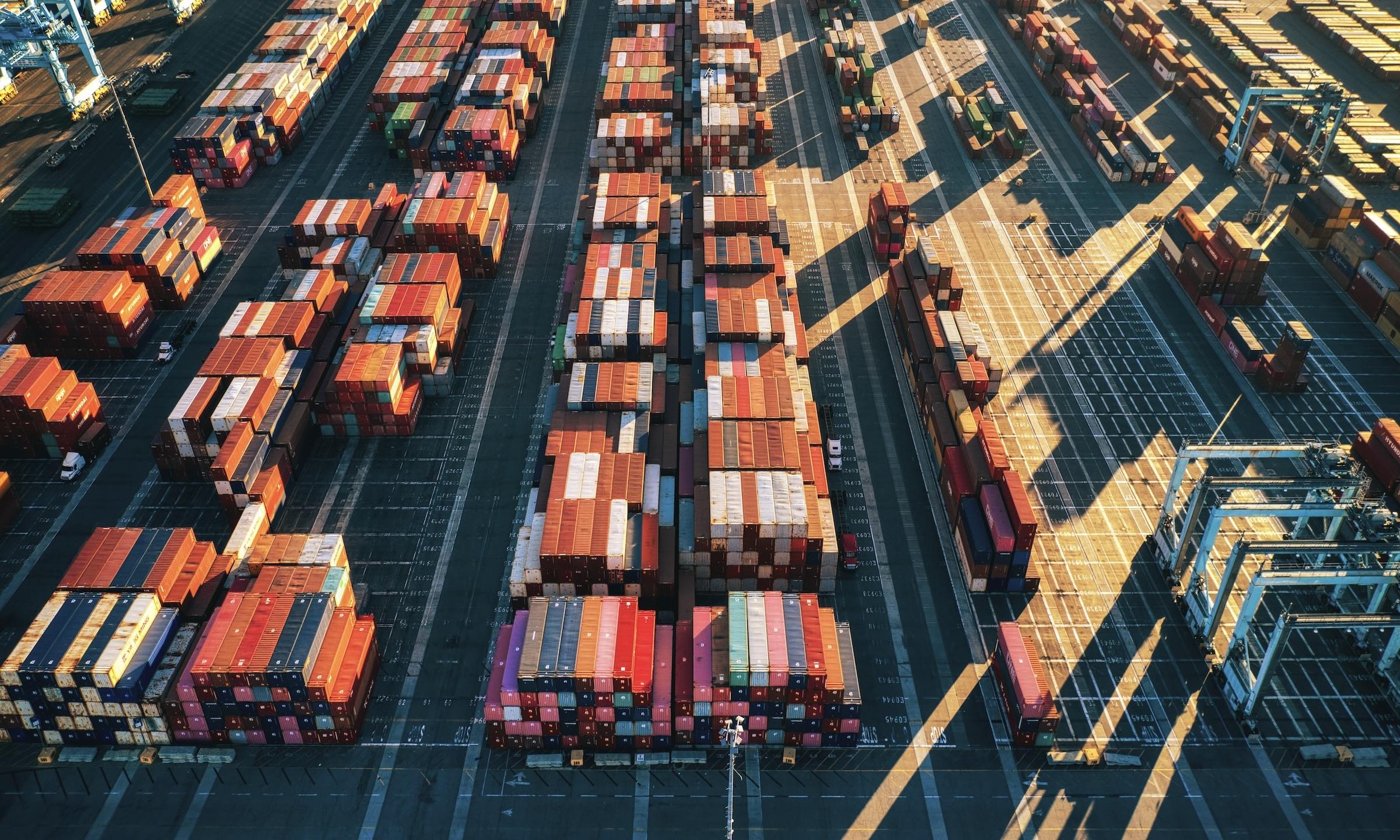Trade and economy officials from the Group of Seven (G7) wealthy democracies have reaffirmed their commitment to collaborate in securing seamless supply chains for critical resources, such as energy and food, despite existing global uncertainties.
In a joint statement, the participating nations emphasized their dedication to maintaining a free and fair trading system that upholds the principles of the rule of law.
Strengthening economic resilience and security were also highlighted as integral elements of their shared mission, as per Japan Today.
Geo-Political Events Threatening Stable Supply
The Business Standard reported that during the two-day event held in Osaka, Foreign Minister Yoko Kamikawa, one of the co-hosts, pointed out recent events such as Russia's invasion of Ukraine and the Israel-Hamas war as potential threats to stable energy and food supplies.
These geo-political tensions underscored the importance of ensuring uninterrupted access to essential resources.
Collaborative Efforts of G7 and Invited Nations
The G7, consisting of the United States, Canada, France, Germany, Italy, Japan, and Britain, extended their invitation to several nations, including the European Union, Australia, Chile, India, Indonesia, and Kenya, for their participation in the two-day meeting. Economic organizations such as the World Trade Organization were also present to contribute to the discussions.
Developed nations are increasingly concerned about the stability of the supply chain for computer chips and crucial minerals, including lithium. With the rising demand for electric vehicles and green energy, securing these resources has become paramount to economic progress and sustainability.
Yasutoshi Nishimura, the Japanese minister in charge of trade and the economy, emphasized the potential power of guest nations like Australia and India in reinforcing the supply chain of critical materials. Collaborating with strong allies becomes crucial in ensuring the stability and availability of essential resources.
Trade Policy's Role in Addressing Global Challenges
Participants engaged in discussions on how trade policy can play a vital role in tackling climate change, enhancing food security, promoting digital trade, and working towards sustainable development. Recognizing the significance of trade in addressing global challenges ensures a comprehensive and collaborative approach.
While China's absence was notable, the discussions shed light on its significance as a focal point. China has imposed export restrictions on gallium and germanium, essential metals in computer chips and solar cells, in the name of national security. "Economic coercion" was indirectly referred to, highlighting concerns over China leveraging economic dependencies.
Photo: Venti Views/Unsplash



 Asian Stocks Slip as Tech Rout Deepens, Japan Steadies Ahead of Election
Asian Stocks Slip as Tech Rout Deepens, Japan Steadies Ahead of Election  Dollar Near Two-Week High as Stock Rout, AI Concerns and Global Events Drive Market Volatility
Dollar Near Two-Week High as Stock Rout, AI Concerns and Global Events Drive Market Volatility  Trump Lifts 25% Tariff on Indian Goods in Strategic U.S.–India Trade and Energy Deal
Trump Lifts 25% Tariff on Indian Goods in Strategic U.S.–India Trade and Energy Deal  Oil Prices Slip as U.S.-Iran Talks Ease Middle East Tensions
Oil Prices Slip as U.S.-Iran Talks Ease Middle East Tensions  India–U.S. Interim Trade Pact Cuts Auto Tariffs but Leaves Tesla Out
India–U.S. Interim Trade Pact Cuts Auto Tariffs but Leaves Tesla Out  Australian Pension Funds Boost Currency Hedging as Aussie Dollar Strengthens
Australian Pension Funds Boost Currency Hedging as Aussie Dollar Strengthens  Japanese Pharmaceutical Stocks Slide as TrumpRx.gov Launch Sparks Market Concerns
Japanese Pharmaceutical Stocks Slide as TrumpRx.gov Launch Sparks Market Concerns  Asian Markets Surge as Japan Election, Fed Rate Cut Bets, and Tech Rally Lift Global Sentiment
Asian Markets Surge as Japan Election, Fed Rate Cut Bets, and Tech Rally Lift Global Sentiment  U.S. Stock Futures Rise as Markets Brace for Jobs and Inflation Data
U.S. Stock Futures Rise as Markets Brace for Jobs and Inflation Data  Australian Household Spending Dips in December as RBA Tightens Policy
Australian Household Spending Dips in December as RBA Tightens Policy  Lee Seung-heon Signals Caution on Rate Hikes, Supports Higher Property Taxes to Cool Korea’s Housing Market
Lee Seung-heon Signals Caution on Rate Hikes, Supports Higher Property Taxes to Cool Korea’s Housing Market  U.S.-India Trade Framework Signals Major Shift in Tariffs, Energy, and Supply Chains
U.S.-India Trade Framework Signals Major Shift in Tariffs, Energy, and Supply Chains  South Africa Eyes ECB Repo Lines as Inflation Eases and Rate Cuts Loom
South Africa Eyes ECB Repo Lines as Inflation Eases and Rate Cuts Loom  Gold and Silver Prices Rebound After Volatile Week Triggered by Fed Nomination
Gold and Silver Prices Rebound After Volatile Week Triggered by Fed Nomination  Yen Slides as Japan Election Boosts Fiscal Stimulus Expectations
Yen Slides as Japan Election Boosts Fiscal Stimulus Expectations 































